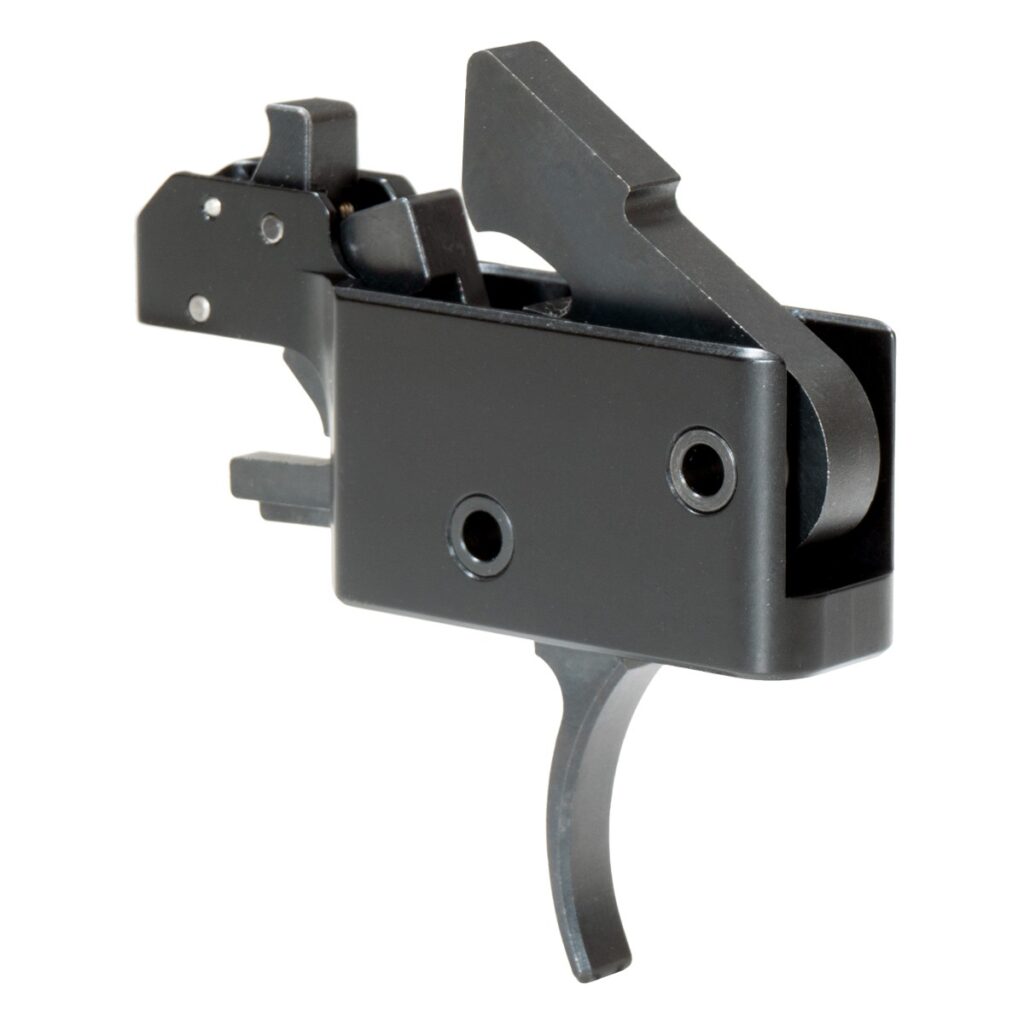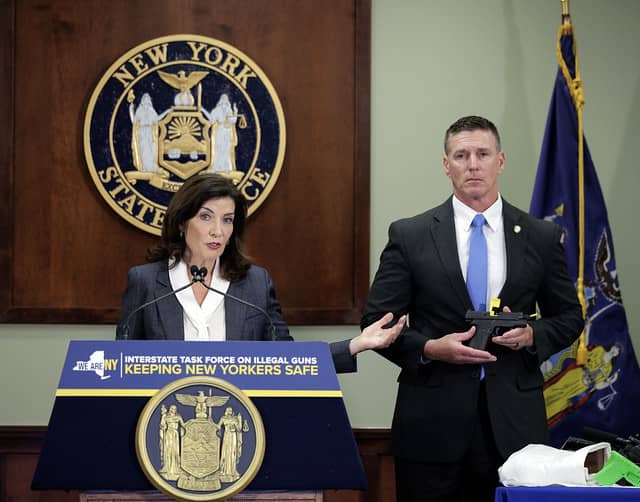In a key court battle, a federal judge struck down the ATF’s restrictions on force reset triggers, ruling them unlawful. The case, now at the Fifth Circuit, challenges the ATF’s authority to define these devices as machine guns. The outcome may impact gun laws and 2A rights nationwide.
A significant legal battle is unfolding in the U.S., involving the ATF’s force reset trigger (FRT) restrictions. Earlier this year, Judge Reed O’Connor ruled against the ATF in the Texas case of NAGR vs. Garland. He found their FRT restrictions unlawful, exceeding the agency’s authority. This decision is now under appeal, with the Fifth Circuit hearing oral arguments on the matter.
Judge O’Connor’s ruling highlighted that an FRT does not qualify as a machine gun. He stated that the function of a trigger is different from a shooter’s pull. He based his decision on previous rulings, including the Supreme Court’s decision in Cargill. That decision emphasized the mechanical aspects of a trigger rather than the shooter’s perspective.
The ATF, however, is challenging this viewpoint. They argue that FRTs are different from mechanical bump stocks, stressing the mechanical operation over shooter input. During the recent Fifth Circuit hearing, the ATF’s distinctions were questioned. One judge admitted past errors in the Cargill ruling, acknowledging the importance of mechanical trigger input.
The case also raises questions about the standing of 2A organizations like NAGR. The ATF claims these groups cannot sue on behalf of their members. They argue that the lower court’s relief was too broad, proposing it should apply only to named plaintiffs. The pro-2A side counters, stating that a blanket vacature is the correct remedy.
The Fifth Circuit judges also inquired if Congress had acted to change relevant laws after the Cargill decision. Both sides confirmed no legislative actions have been taken. This point underscores the argument that the ATF lacks authority to impose such restrictions without Congressional approval.
The case’s outcome could influence gun laws and 2A rights. If the ATF prevails, it might enforce FRT restrictions selectively in different jurisdictions. Yet, if the pro-2A side wins, the decision may set a precedent limiting the ATF’s regulatory scope. As the case progresses, it remains a pivotal moment for gun rights in America.
- HR38 Bill Introduced to Standardize Concealed Carry Nationwide in the US - January 12, 2025
- Oregon Challenges Court’s Rejection of 10-Round Magazine Ban Law - January 11, 2025
- Illinois Assault Weapon Ban Legal Battle Inches Toward Supreme Court - January 4, 2025




